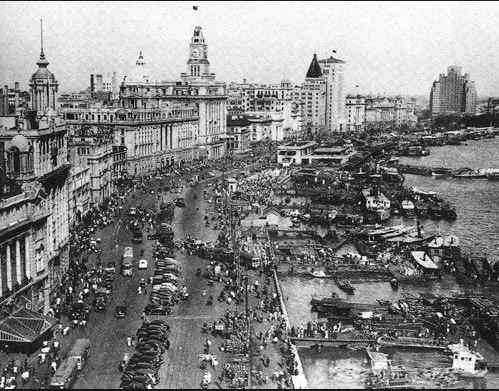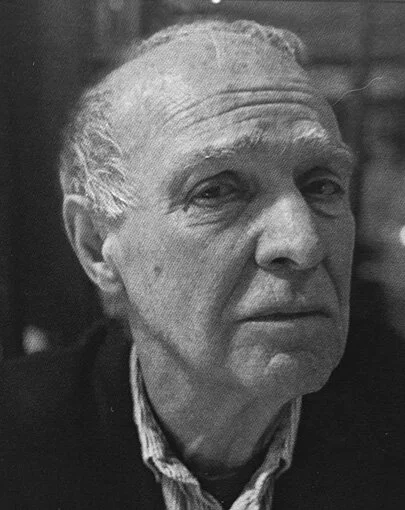THE BOX WITH THE SUNFLOWER CLASP BY RACHEL MELLER
Great grandmother with Alice and Edith, Rachel’s grandmother
“To my great sadness, I have no memory at all my mother’s voice. By the time I was three months old, Ilse had taken her own life’.
This is the remarkable opener of a profound book. The initial chapters interleave the horrific years when Austria sank into the Nazi nightmare of Jewish oppression - and the author’s own family tragedy. If the first sentence of this history is dramatic, it is merely a prelude to an intensely personal story. After a few pages the reader becomes totally absorbed and lives the life of a family of cultivated cultured people up against a political maelstrom. Oppression and the challenge of survival suddenly lie ahead. Not that life before this was uneventful. Parents, Arnold and Edith have two daughters, both beautiful but unalike. Lisbeth the younger girl shocks upper middle class society in Vienna ( the newspaper cuttings are horrified) when at the age of fifteen, she deliberately stages a dramatic fall from a high staircase on to the marble flags six floors below- in protest over tickets for her dance class show. She survives but never dances again. Numb with incomprehension the parents struggle to bring up their defiant daughter. But as the horrors of the Anschluss intensify pressure on Jews in Vienna, even the elder sister, dreamy Ilse, is under pressure. One day whilst walking home through familiar streets, she is forced by brutish Nazi soldiers to get on her hands and knees and scrub the pavement. That day she planned her escape to Paris.
There must be hundreds of memoirs of the bitterness of this cruel catastrophe; a time when a peaceful educated élite suddenly became the object of an irrational murderous hatred. Yet this book brings the anguish of that time alive in a strangely immediate way. The unstinting attention to detail and the unusually abrupt but compassionate tone illuminate the reality of the time, the shock of the sudden change in circumstances from a privileged life to a fearful existence. But there is far more to the book than the familiar landscape of middle Europe. With Ilse now away in Paris (mercifully she decides to go to London before the Nazi regime swings into vicious action following the catastrophic defeat of the French army) the rest of the family look around for somewhere, anywhere, to go. Arnold the father has managed to secure a passage to, of all places, Shanghai through the agency of a sympathetic Chinese diplomat. Edith and Lisbeth plan to follow him and do. The account of their passage from Trieste to China on the luxurious Italian ship the Conte Rosso, is a welcome relief from the desperate privations of claustrophobic Vienna. But the arrival there opens another terrifying chapter in their story . Our author describes in a devastatingly personal minutiae, the horrors of a city under the heel of Japanese invaders who have already killed 30,000 civilians in their pitiless conquest. Life is cheap. The streets are crowded with malnourished - and strewn with dead -children: the decapitated heads of rebel dissidents sit on sills outside their homes. Rachel Meller describes with relentless yet sensitive minutiae just what this escape means. And through the bequest of the box with the sunflower clasp from her aunt Lisbeth, she discovers an entire world she, and indeed few of us, could ever even imagine.
This memoir is as absorbing as any William Boyd novel – the fact that it’s all carefully documented and true makes it even more fascinating. I predict it will become a distinguished account of a scarcely credible world of gangsters, Jewish millionaires, British class snobbery and the fate of one small family in a world where one false move can lead to death. Totally absorbing. A must -read.
If you would like to hear Rachel Meller in person, she will be in conversation at St. Peter’s Church Broad Street Ely CB7 4BB on 25th May at 7.30p.m.
The famous Bund in Shanghai with Cathay Hotel -extremes of affluence alongside desperate poverty awaited the Jewish refugees.
Lisbeth and Ilse, the sisters at the centre of the drama, Rachel’s aunt and mother 1925









